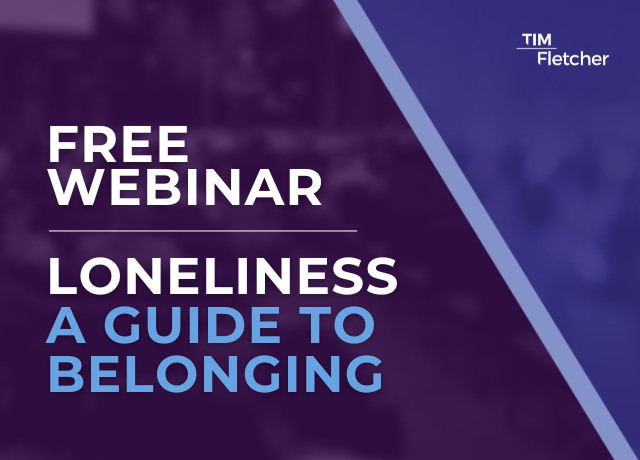
UPCOMING EVENTS

ALIGN With God | Free Seminar | Session 8
Virtual Session | February 4, 2026 at 10 AM PT / 11 AM MT / 12 PM CT
“Sometimes the first step toward a deeper relationship with God is courageously questioning what we’ve been taught about Him.”
For many, the journey of faith has been beautiful — and painful. Beneath the surface of Christian life, countless believers carry unseen wounds from religious systems that promised love, but often delivered fear, control, or shame.

ALIGN With God | Free Seminar | Session 7
Virtual Session | January 7, 2026 at 10 AM PT / 11 AM MT / 12 PM CT
“Sometimes the first step toward a deeper relationship with God is courageously questioning what we’ve been taught about Him.”
For many, the journey of faith has been beautiful — and painful. Beneath the surface of Christian life, countless believers carry unseen wounds from religious systems that promised love, but often delivered fear, control, or shame.

ALIGN With God | Free Seminar | Session 6
Virtual Session | December 3 at 10 AM PT / 11 AM MT / 12 PM CT
“Sometimes the first step toward a deeper relationship with God is courageously questioning what we’ve been taught about Him.”
For many, the journey of faith has been beautiful — and painful. Beneath the surface of Christian life, countless believers carry unseen wounds from religious systems that promised love, but often delivered fear, control, or shame.

Procrastination In All Areas of Life - Free Webinar
SEATS FULL - Missed registration? Sign up here to receive the recording.
Virtual Session | Nov 30 at 4 PM PT / 6 PM CT
In this webinar, we’ll explore why people with Complex Trauma often struggle with procrastination in the parts of life that matter most. Whether it’s work, creative dreams, self-care, finances, cleaning or hoarding patterns, or personal healing, procrastination can quietly become a barrier between you and the life you want.

Lunch-and-Learn | Addiction + Complex Trauma Recovery Program
November 14, 2025, at 11:00 AM MT / 1:00 PM ET.
This session introduces the Addiction + Complex Trauma Program, designed for professionals in the addiction recovery field. Learn how this 12-module training helps bridge the gap between trauma and addiction treatment, offering practical tools and a framework for lasting recovery.


Self-Sabotage + Complex Trauma - Free Webinar
Virtual Session | Oct 12 at 4 PM PT / 6 PM CT


Relationships + Complex Trauma | FREE WEBINAR
Virtual Session | Sept 28 at 4 PM PT / 6 PM CT

ALIGN With God | Free Seminar | Session 3
Virtual Session | Postponed to Sept 10 at 12 PM CT




Free Webinar - ALIGN With Your Needs | Topic: Relationships & Belonging
Virtual Session | Jul 20 at 6:00 PM CT
Have questions about our events? Email us at events@timfletcher.ca.


